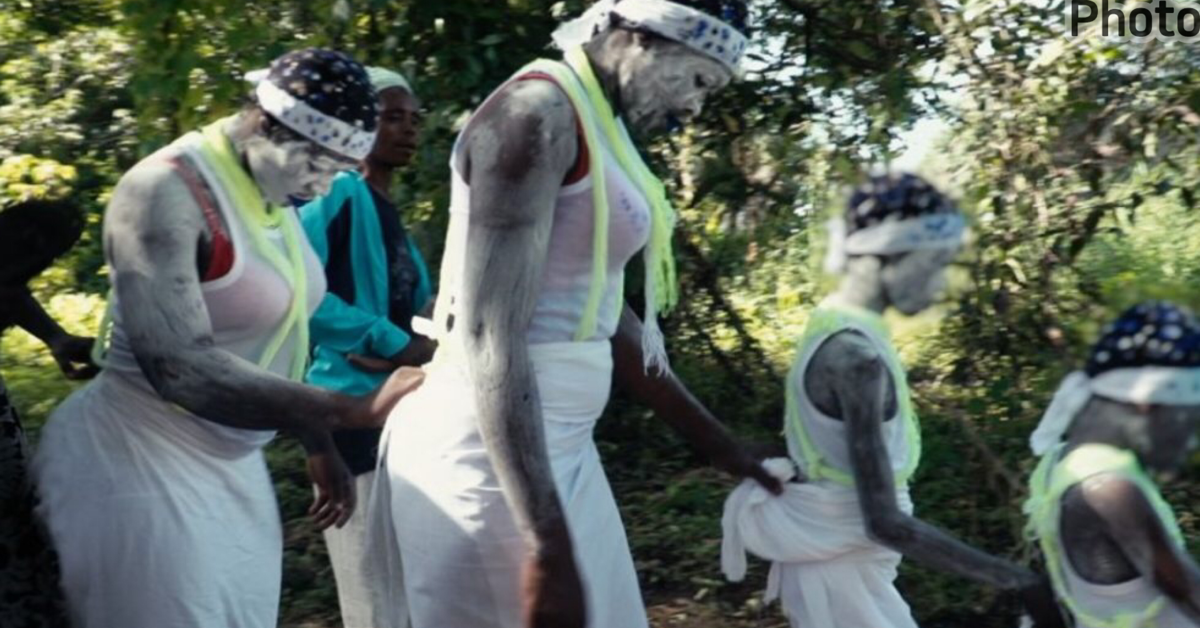The Forum Against Harmful Practices (FAHP) and the Institute for Human Rights and Development in Africa (IHRDA) have filed legal cases against Female Genital Mutilation/Cutting (FGM/C) in Sierra Leone.
The focus of their legal cases centers on a 34-year-old woman from Kenema who was forcibly subjected to the practice in 2016. These cases aim to address the violation of dignity and autonomy endured by thousands of women and girls who have been subjected to this harmful practice.
With Sierra Leone currently ranked among the highest in the world for FGM/C prevalence, affecting over 83% of women aged 15 to 49 years old, the need for action is urgent.
One of the significant challenges in combating FGM/C in the country is the absence of specific laws criminalizing the practice. The legal actions taken by FAHP and IHRDA seek to hold individual perpetrators accountable and shed light on the government’s responsibility to protect its citizens from harm.
These organizations emphasize the need for legal reform and tangible action to uphold international treaties like the Maputo Protocol, which recognizes FGM/C as an infringement of human rights.
Leading the charge against these harmful practices is Yasmin Jusu Sheriff, a Human Rights Lawyer, who advocates for these acts of violence to be recognized as crimes against the state and handled accordingly by the justice system.
Aminata Koroma, the Executive Secretary of FAHP and a survivor of FGM/C herself, strongly champions an end to violence against women and girls, affirming that there is no rationale for such acts.
Supporting strategic litigation in the battle against FGM/C, Nicky Spencer-Coker, Senior Legal Advisor of Purposeful, lends her backing to this crucial cause.
These landmark cases are expected to inspire other countries in the sub-region and across Africa to join the multinational fight against FGM/C. Furthermore, they are predicted to set a precedent for statutes concerning FGM/C and women/girls’ rights on the continent.
FAHP, established in 2014, is a union of nationwide and multinational organizations devoted to ending FGM/C in Sierra Leone.
Meanwhile, the IHRDA, founded in The Gambia, is a Pan-African non-governmental organization committed to promoting human rights in Africa.
This movement calls on individuals to join in the journey to justice, as it strives to create a safer world for women and girls.
As the battle to break off FGM/C in Sierra Leone gains momentum, these landmark cases offer hope for positive change for millions of girls worldwide.












This is a complete uselessness and an act of broad day robing of our traditional heritage from our mothers, if these reckless people have enriched themselves with donor funding, why can’t they find another intervention and finance? Instead of them opening their loudmouth to sue our mothers? We would like to see that court that will bring up such a case against our traditional people for hearing.
May God bless the government of this country for implementing this rule as even the word of God in Philippines 3 :2 says beware of the mutilators.Those who cut their bodies parts.Is unlawful to be practice.Thanks papa Government.